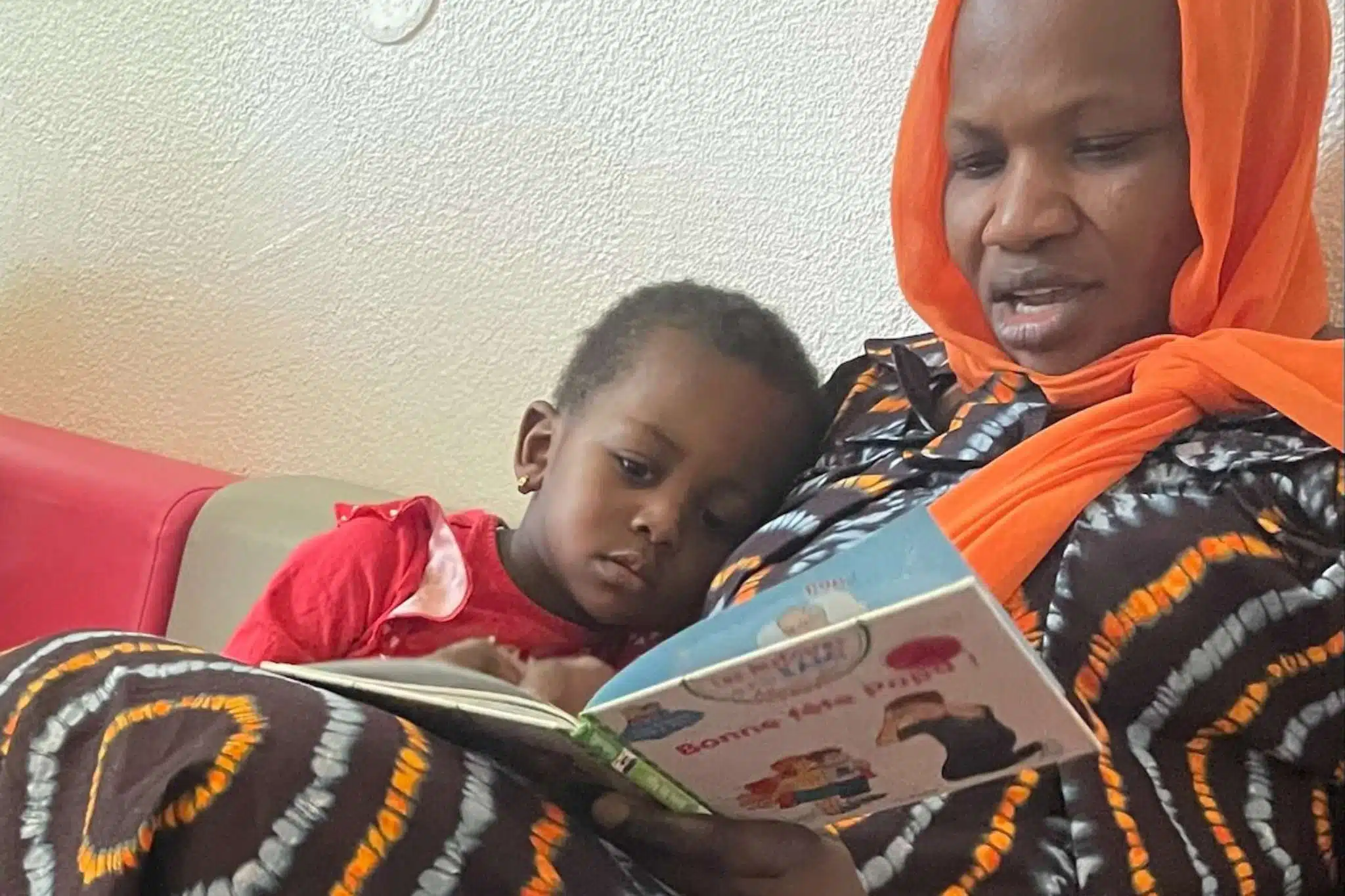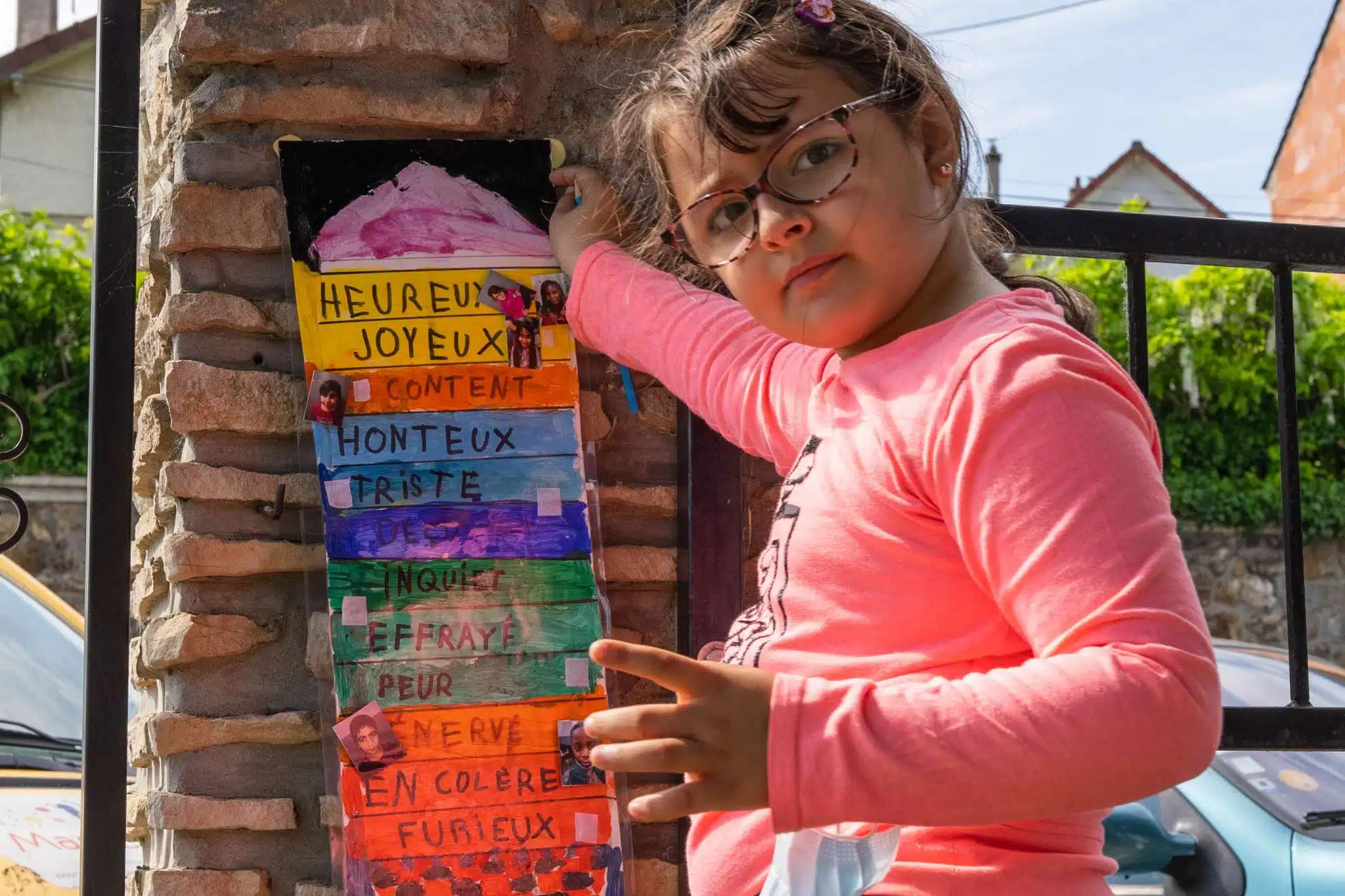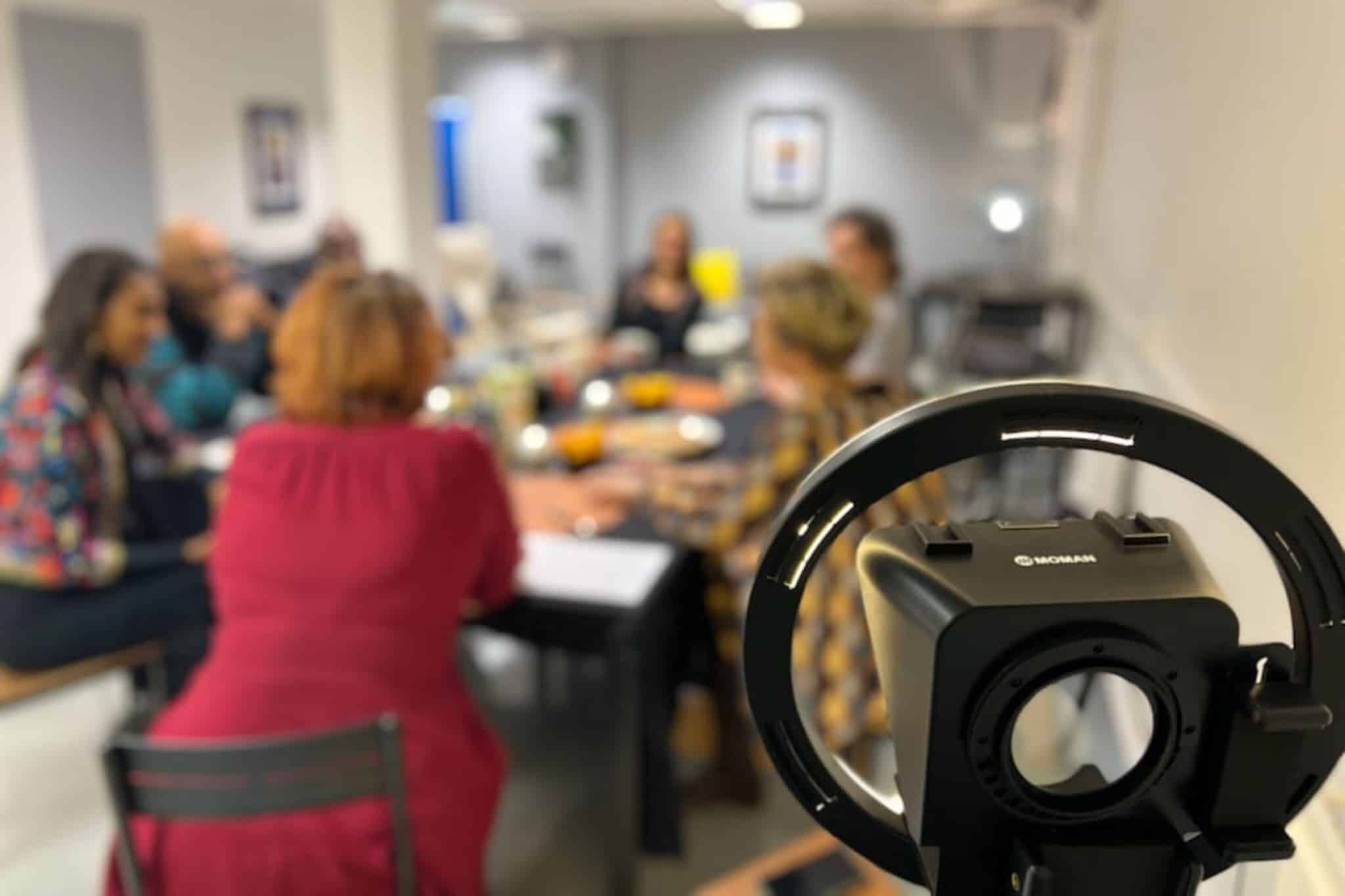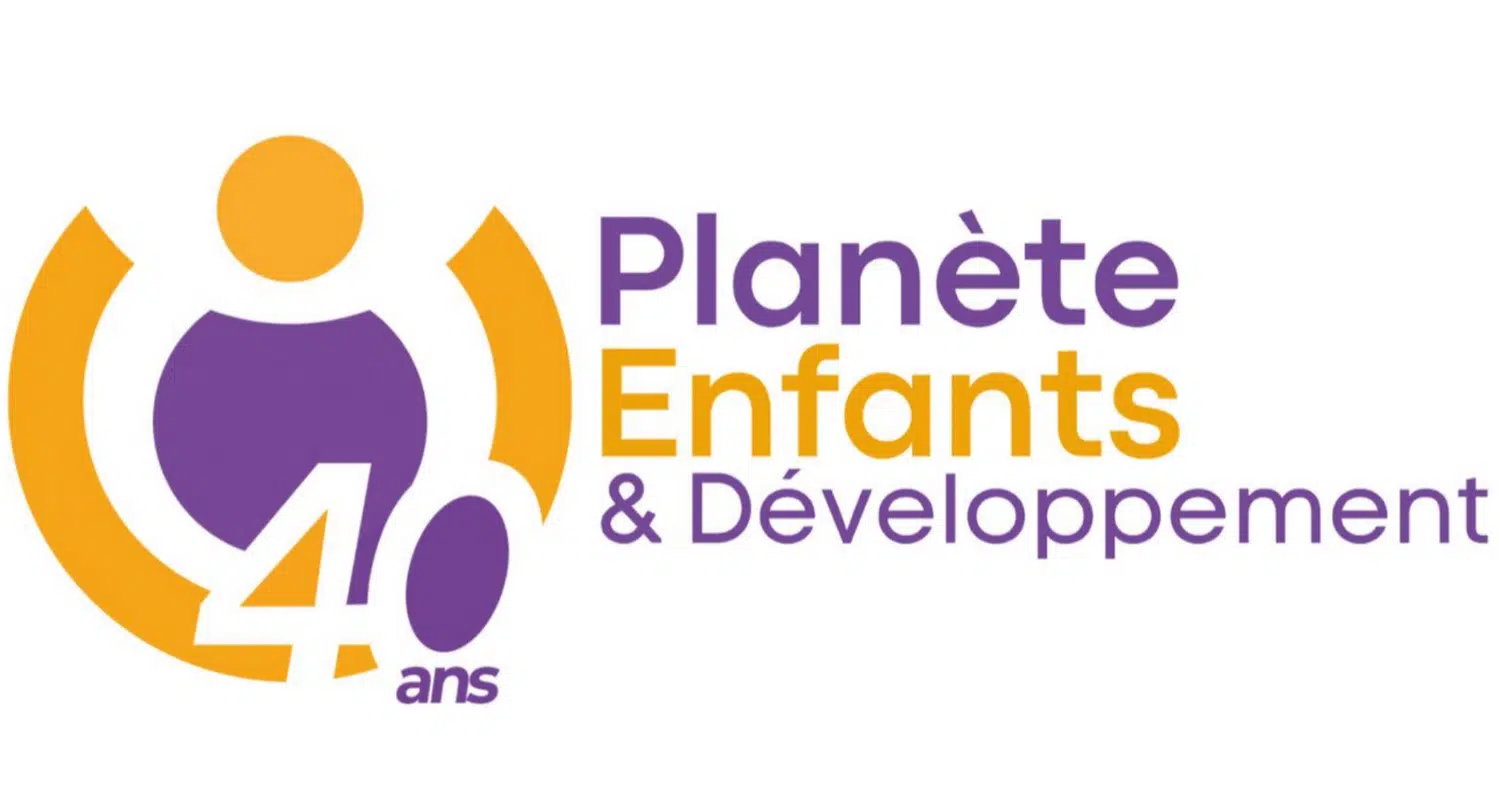France

Education, training, entrepreneurship
Since 2021 (Chemins d'Enfances program)
Share this project:
Supporting parenthood in France with the Chemins d'Enfances program
In emergency shelters, the rooms where families are housed are cramped spaces that don't allow children to play. The difficulties of everyday life make it difficult for parents to stimulate their children. This precarious situation is detrimental to the development of an attachment bond between parent and child.
Support us:
The context
According to the OECD, it takes 6 generations to escape poverty in France.
The inequalities that lead to this social reproduction appear from the very first months of pregnancy and the child's first years of life. This is highlighted by the 1000 Days report produced by 18 experts and submitted in September 2020 to the Secretary of State for Children and Families. The report highlights the importance of the first 3 years of life for a child's emotional and cognitive development.
A second report - "Une stratégie nationale pour la santé culturelle" (A national strategy for cultural health) by Sophie Marinopoulos (psychologist, psychoanalyst and founder of the parent-child drop-in center "Les Pâtes au beurre") - highlights the importance of cultural and artistic awakening for children under 3.
The orientations of public policies influenced by these reports have confirmed the association's findings in the field. motor and sensory development difficulties in children under 3 years of age and the families' need for parenting support.
How is your donation used?
For every €100 raised by Planète Enfants & Développement, €84.4 goes to our social mission.
Our projects are evaluated by independent firms. And our accounts are audited and certified each year by KPMG.
C'is the number of generations needed to escape poverty in France
essential first days in the fight against inequality
The project
Through the Chemins d'Enfances program, we work in the Ile de France and Gironde regions of France with families housed in emergency shelters. The rooms in which these families live are cramped, making it impossible for children to play. What's more, the constraints of daily life make it difficult for parents and children to develop a bond of attachment.
To respond to the crying need of families, we have therefore decided to develop a parenting support program in 2021.
Parent-child workshops
A child's development depends on two main factors: its neurobiological equipment and its environment, with the stimuli it receives.
It is on this second factor that we intervene by offering a weekly a play area where parents and professionals stimulate the child to support their sensory and motor development.
Through our workshops, we offer a safe and secure play area for the whole family. Children can experiment, discover their bodies and abilities, and meet other children of the same age. At the same time, they can enjoy moments of complicity with their parents, thanks to our field workers who encourage play in pairs.
To improve intra-family relations, which are made more complex by living conditions, we use Aletha Solter's attachment and interactive games to help find harmony within the family and manage conflicts. These games require no equipment and can be replicated in any context.
Baby-creative workshops
All professionals in the social sector share the same observation: the lack of childcare means that many families find it difficult to become involved in a process of social and professional integration. What's more, in the context of emergency accommodation, children face long waiting times due to their parents' administrative situation.
To support and relieve parents, we run educational workshops with children aged 0 to 3. In this way, families with no means of childcare can invest in a training program to break out of the spiral of precariousness.
This also puts the child back at the heart of emergency services, by making the most of all the time he or she spends waiting.
Integrating games and books into parenting practices
The development of motor skills is slowed down in children aged 0 to 3, who have very limited living space. What's more, play equipment is expensive and not always accessible to families with no money left over at the end of the month.
We therefore propose a manual activity to create games for parents. The aim is to provide each family with a trunk of age-appropriate games that can then be used in the bedroom.
We are also deploying a during our workshops and offer a book lending system to families. We familiarize them with the media library borrowing system and work with local establishments to remove obstacles to accessing books and offer an alternative to using screens.
Parents' cafés
In a context of extreme hardship and exclusion, parents often feel alone in the face of their day-to-day difficulties. It's difficult for them to engage in dialogue, for fear of seeing their legitimacy as parents further undermined. They no longer have the strength to turn to the structures that could help them resolve their difficulties. It's a fact that some families live in the same facility but don't know each other.
Our parents' cafés are designed to encourage exchanges between families, combat social isolation and provide a place to talk and unwind.. Our approach is based on the "peer-help" method, recognized as highly effective in the treatment of life traumas. The aim is to enable mothers to share their experiences and backgrounds, which are often similar. In this way, they reduce their sense of loneliness, create solutions together and increase their power to act.
To run these workshops, we use playful activities designed to encourage a group spirit. We create cooperative and knowledge games, a board game on the theme of parenting support, and photolinguistic storytelling.
> This parenting support project has benefited 1,900 children and 1,150 parents since its launch in 2021. Parenting initiatives now account for 70% of the Chemins d'Enfances program. We work with all the institutions involved in the fight against precariousness that house families.
Other projects :
 France: educational workshops for children in emergency shelters
France: educational workshops for children in emergency shelters
 France: Parent, what a story!
France: Parent, what a story!
Guillaume Brimont, Emmaus Connect Project Manager
"These workshops enabled a dozen exiled mothers to take a 2-month training course in French and digital skills. This breathing space helped them to project their desires and projects, and for some, to find training or a job at the end of the program. We also realized that the children, who were often alone with their mothers, had been able to develop their social skills thanks to the work of the animators.
Our partners in the field
Samusocial de Paris - Emmaüs Solidarité - Aurore - Fondation de l'Armée du Salut - France Horizon - ACINA - La Croix-Rouge - Fédération des acteurs de la Solidarité - Apprentis d'Auteuil - Cité Caritas - Amli - Communauté d'agglomération Plaine Vallée - Le Diaconat de Bordeaux - ARPEJe - Revivre - Emmaüs Connect - Promofemmes
